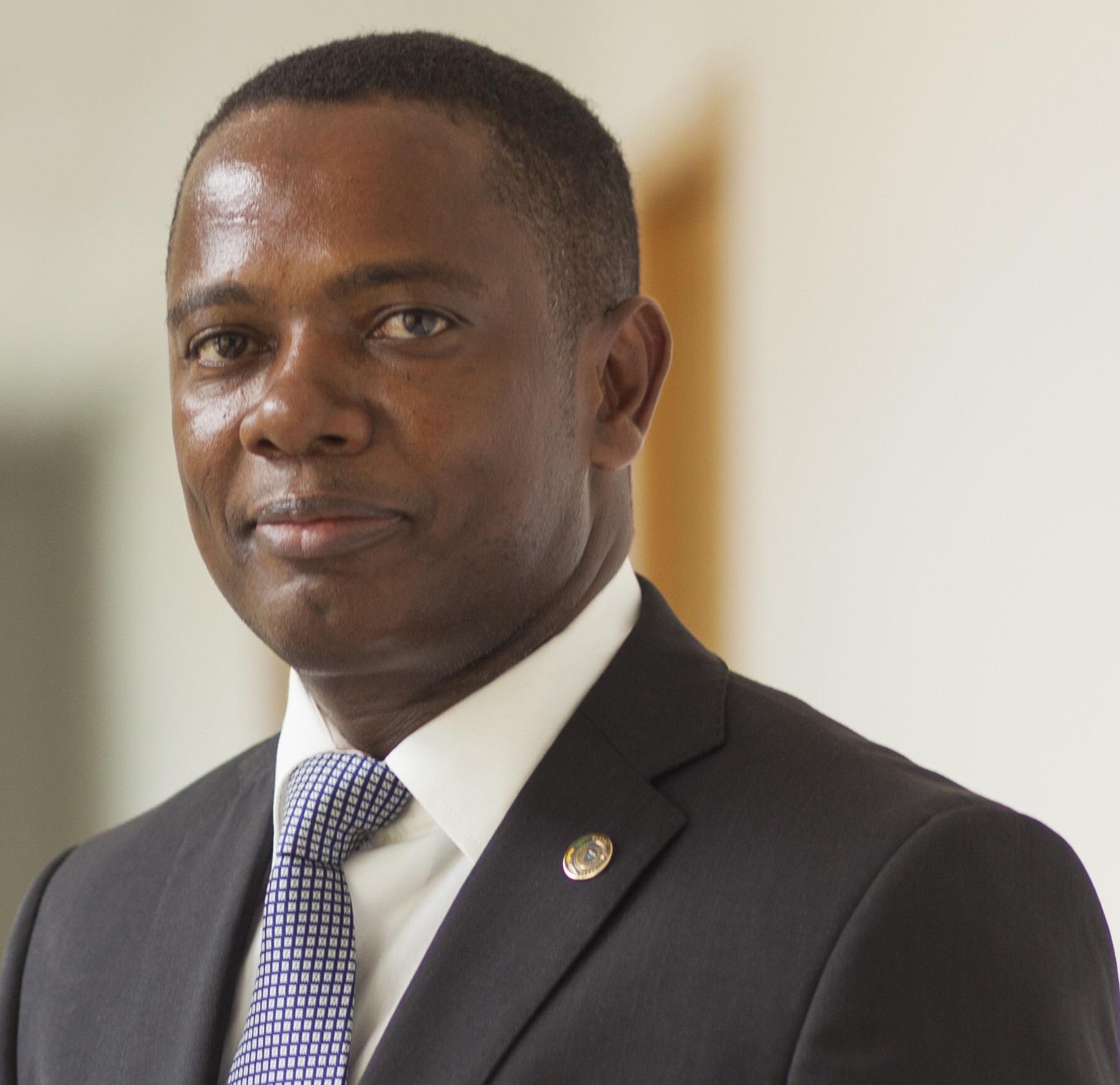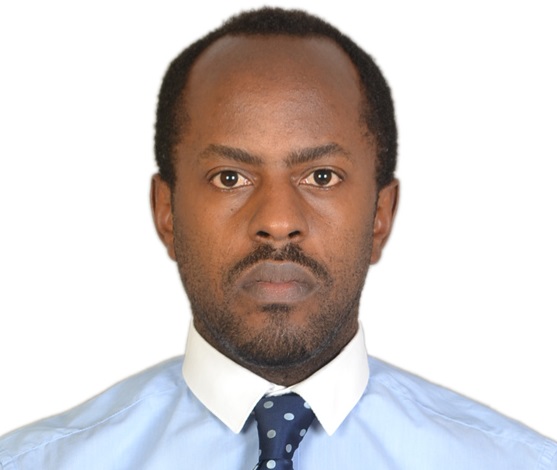Wednesday, Apr 12, 2023 | 11:00 AM - 11:30 AM
Location: Cedar Hall, HQ1-1-660
OVERVIEW
Massive infrastructure investment is needed globally to tackle climate change. Climate-responsive infrastructure will help to mitigate greenhouse gas (GHG) emissions and make economies more resilient to climate-related risks. But the economic and social outcomes of public investment depend crucially on the efficiency of public investment management. Countries can waste up to one-third of the value of their public investment spending due to inefficiencies in the way they plan, allocate, and implement public investment projects. To help countries improve the institutions and processes for infrastructure the IMF developed in 2015 the Public Investment Management Assessment (PIMA) tool. To respond to the growing need for countries in investing in climate-responsive infrastructure, the IMF has recently added a Climate module to the PIMA framework (C-PIMA) to support countries in strengthening their public investment management systems to deliver their climate objectives. Recent C-PIMA analyses and recommendations provided the basis for the Resilience and Sustainability Facility (RSF) arrangements to tackle climate change and pursue green growth. This CD Talk examines how the C-PIMA has helped build capacity for these countries to achieve their climate objectives.
SPEAKERS

Bryn Battersby, Senior Economist, Fiscal Affairs Department, IMF
Bryn Battersby is a Senior Economist in the Public Financial Management division of the Fiscal Affairs Department. His current research focuses on the macro-fiscal functions of ministries of finance, including forecasting and fiscal risk analysis. He was previously the resident macro-fiscal advisor at IMF-East AFRITAC and the resident macroeconomic advisor in South Sudan. Prior to joining the Fund, he managed macroeconomic forecasting teams in the Australian Treasury and was a macro-fiscal advisor to the Solomon Islands Ministry of Finance and Treasury and Seychelles Ministry of Finance and Trade.

Olavo Avelino Garcia Correia, Deputy Prime Minister, Minister of Finance and Business Development and Minister of Cape Verde's Digital Economy
Dr. Olavo Avelino Garcia Correia is the Deputy Prime Minister, Minister of Finance and Business Development and Minister of Digital Economy of Cape Verde. He is a native of the island of Santiago in Cape Verde and holds a degree in Economics, in Berlin as well as a postgraduate degree in Business Management, Riedenburg, Baviera, Germany.
Professionally, Olavo Garcia Correia has always been linked to the field of economics and management, with experience as a professor at the Instituto Superior de Ciências Juridical and Social between 2014 and 2016. He has held important positions both in public and private sectors. He was a member of the Advisory Board of Banco de Cabo Verde (BCV) - from 2004 to 2016, from 2006 onwards and for 10 years as Managing Director of Banco Montepio Geral Cabo Verde (BMGCV). He was Director General of Cape Verde's Treasury in 1997 and Advisor to the President of the Republic in 1993 and Alternate Governor of Cape Verde at the International Monetary Fund (IMF). In his private sector career, Olavo Garcia Correia, held the position of Director of the Tecnicil Group, having held the functions of Chairman of the Board of Directors of Tecnicil Indústria, between 2004 and 2016.
And in politics, he was Assistant Secretary of State to the Minister of Finance in 1999, a member of the Council of the Republic of Cape Verde from 2011 to 2016, and has been Vice-President of the MPD since 2013 - the political party that supports the current Government. From April 2016 to January 2018 Olavo Garcia Correia was part of the Government of the IX Legislature of the Republic of Cape Verde as Minister of Finance.

Nicoletta Feruglio, Senior Economist, Fiscal Affairs Department, IMF
Nicoletta Feruglio is a Senior Economist in FAD’s PFM II Division where she focuses on infrastructure governance. Since joining FAD, she has contributed to the Department’s capacity development efforts to integrate climate-related concerns into public finance management (PFM) including a deep involvement in developing Resilient and Sustainability Trust (RST) fund conditionality. Before joining the IMF in 2020, she was a senior public sector specialist in the World Bank, Governance Global Practice. Previously, she worked for the Ministry of Finance and Economic Planning in Rwanda and different UN agencies, focusing on public investment management, public financial management and fiscal decentralization in Africa, Southeast Asia and Pacific and Latin America and the Caribbean. She received her MSc in Political Science from the University of Bologna, Italy.

Patrick Hitayezu, Chief Economist, Ministry of Finance and Economic Planning, Rwanda
Patrick Hitayezu is an economist with over 10 years of experience in economic policy analysis and management. He is currently serving as Chief Economist at the Ministry of Finance and Economic Planning in Rwanda where he leads teams of macroeconomic, tax, and public debt policy analysts. Prior to joining the Ministry, he served as Director of Research at the National Bank of Rwanda. He has also worked in academia and sat on the board of directors of various public and private organizations, including Rwanda Development Board and Rwanda Utilities Regulatory Authority. His research interest is in various aspects of economic development policy, from macroeconomic policy to agriculture and rural development.
PHOTOS